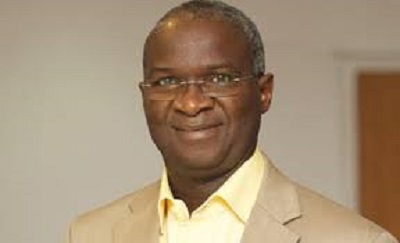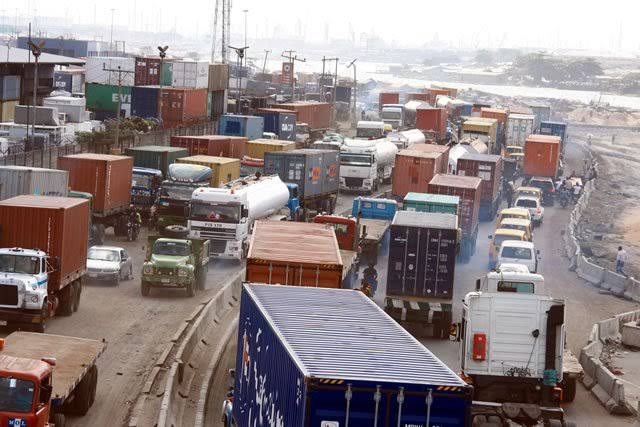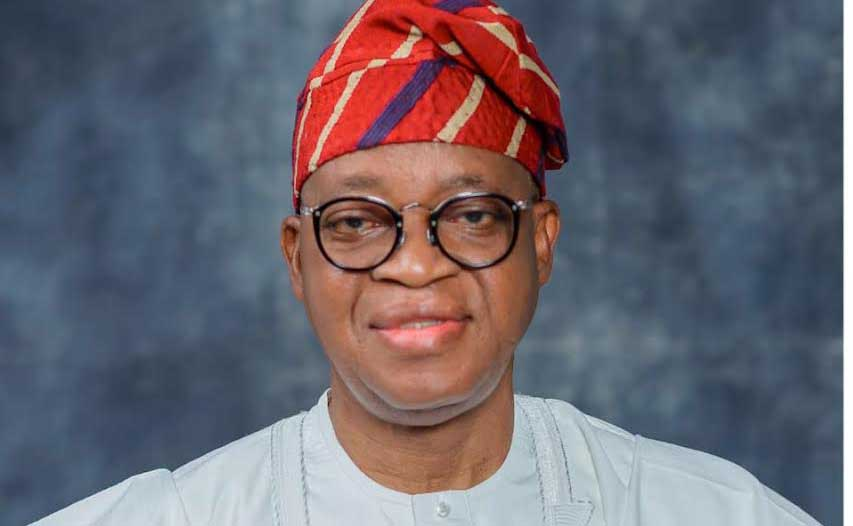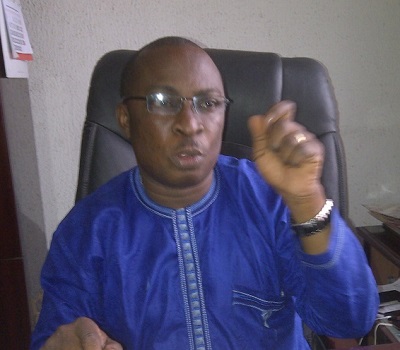Shippers’ Council Projects 35% Women Inclusion In Workforce, TTPs, ICDs
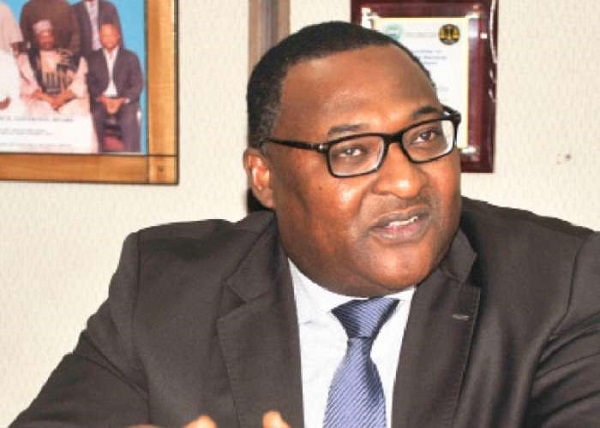
By Kenneth Jukpor
As part of efforts to key into the global appeal for more women in shipping and accelerate gender parity, the Executive Secretary of the Nigerian Shippers’ Council (NSC) Mr. Hassan Bello has revealed that the Council plans to attain 35% women ratio in its workforce.
Bello disclosed this on Tuesday last week in Lagos at an event to mark the 2019 Day of the Seafarer, with the theme, “On Board With Gender Equality”, even as he stated that the Council was promoting the agenda in the development of Transit Truck Parks (TTPs) and Inland Container Depots (ICDs).
“We intend to have 35% women inclusion in the workforce at Shippers’ Council. We have already started to deploy this as we have women in positions of authority. We have women as Directors in the Council and we don’t have any discrimination or unfair treatment of women. We are also promoting this 35% women involvement at the Inland Dry Ports (IDPs) and Truck Transit Parks (TTPs)” he told MMS Plus on the sidelines at the event.
On the major challenges facing female seafarers in the country, Bello stressed that the industry is perplexed with the burden of having no ships hence female seafarers as well as their male counterparts would continue to suffer lack of opportunities for onboard placement.
“The major problem is the lack of vessels and that is why everybody is onboard in the bid to create the national fleet. When we have vessels, we can come up with a policy to say all Nigerian ships must contain a certain percentage of women” he said.
Meanwhile, he noted that the Nigerian Maritime Administration and Safety Agency (NIMASA) and Shippers’ Council have also been in the forefront of the awareness campaign in secondary schools and tertiary institutions to enlighten the students of the enormous opportunities in the maritime sector.
Earlier, the First Lady of the Federal Republic of Nigeria, Dr. Aisha Buhari, revealed that President Muhammadu Buhari is determined to provide platforms that will encourage more women participation in maritime to boost economic development.
Dr. Aisha Buhari stressed that there was need to promote gender balancing in seafaring, adding that the President is aware of the economic benefits that come with encouraging the female gender in the maritime sector.
The First Lady, who was represented by the wife of the Vice President, Mrs. Dolapo Osinbajo, commended NIMASA’s efforts to promote and encourage women in the maritime sector. She noted that such was in line with the President’s aspirations for the sector.
According to her, under the current leadership of NIMASA, there have been significant strides aimed at making women active players in the blue economy industry.
“Mr. President is desirous of seeing more women play active role in the maritime industry. This celebration focusing on women seafarers is, therefore, apt”, she said.
She called on all government agencies, especially those in the maritime sector, to ensure the achievement of the United Nations’ Sustainable Development Goal 5, which is aimed at attaining gender equality and the empowerment of all women and girls.
Meanwhile, the Director-General of NIMASA, Dr. Dakuku Peterside, admonished men to support women, especially in maritime, to enable them reach their potentials and navigate through the enormous challenges at work.
He further stated that the Agency will continue to pursue policies and programmes that will accelerate gender equality and empowerment of women in the maritime sector.
“In addition to the 304 female cadets we have trained in seafaring since the inception of the Nigerian Seafarers Development Programme (NSDP), greater attention will now be given to the training of female seafarers in specialised courses and areas to enable them take up professional responsibilities in specialized vessels and offshore operations, and maritime sector generally,” Dakuku said.
In his address, the Permanent Secretary, Federal Ministry of Transportation, Sabiu Zakari, said the Federal Government had initiated policy reviews aimed at promoting gender equality, empowering women in the maritime sector, and creating conducive work environment for them in line with the Sustainable Development Goals (SDGs).
Meanwhile, the Managing Director of Nigerian Ports Authority (NPA) Ms. Hadiza Bala-Usman encouraged young girls to take science and engineering courses as she revealed that Tin Can Island Port (TCIP) deployed its first set of female crane operators in 2018.
Usman also told the seafarers that Authority now grants women maternity leave for 16 weeks as against 12 weeks while nursing mothers are also allowed to report to duty one hour after official resumption time and closes one hour before closing time as part of efforts to support women.
According to her, NPA had also commissioned a Crèche Facility for nursing mothers.
The event was attended by many stakeholders, including Executive Secretary, Nigerian Shippers Council, Alhaji Hassan Bello; Managing Director of the Nigerian Ports Authority (NPA), Ms Hadiza Bala Usman, who was represented by NPA’s Executive Director, Marine and Operations, Dr. Sokonte Davies; Rector, Maritime Academy of Nigeria (MAN), Commodore Duja Effedua; Director, Maritime Safety and Security, Federal Ministry of Transportation, Mr. Danjuma Dauda; and renowned maritime lawyer, Mr. Emeka Akabogu.
Prominent Nigerian women in maritime also graced the occasion, including the Director-General of the Nigerian Chamber of Shipping (NSC), Mrs. Obiageli Obi, and Chairperson, Nigerian Shipownwers Forum, Mrs. Margaret Orakwusi. The members of the NIMASA Governing Board, led by the Chairman, Gen. Jonathan India Garba, and members of the Executive Management.




